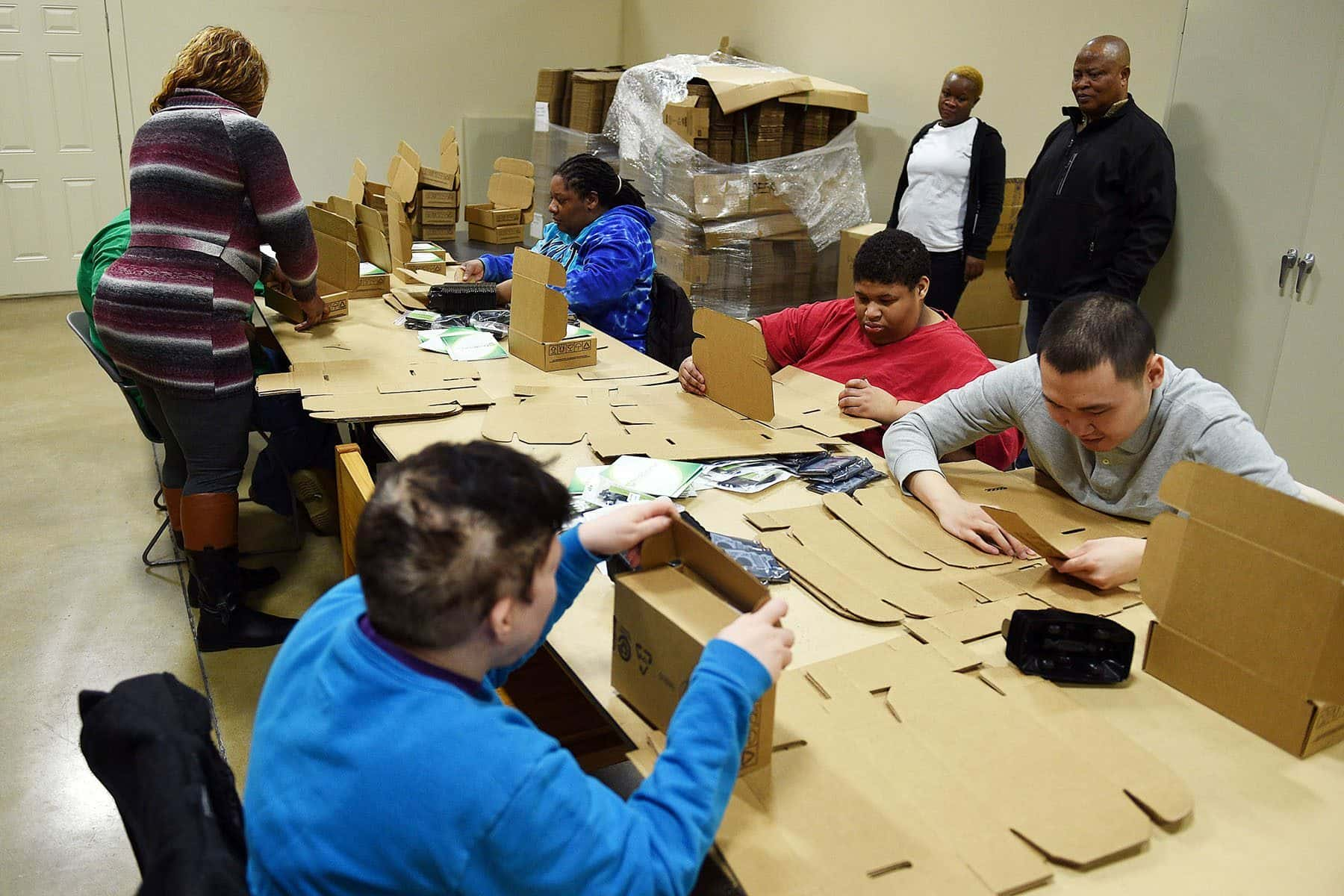Sub-minimum wage is a decades-old practice originating from the Great Depression.

A new California law will ban sub-minimum wages paid to people with intellectual or developmental disabilities
Organizations that hire adults with disabilities to perform simple jobs like stuffing envelopes or assembling bike safety mirrors for local businesses and nonprofits under contract will be affected. VistAbility, which employs about 5,000 Californians statewide, must begin paying the state’s $15.50-an-hour minimum wage or shut down. The transition towards better pay has exposed a debate within the state’s disability services community: Can everyone with a disability get a job in the broader labor market and should that be the goal?
Opponents of subminimum wage programs say they segregate people who have disabilities and keep them from obtaining better-paying work and greater independence, which they could achieve with the right services to assist them.
Program operators and some workers’ families defend the current arrangements, saying these workers would not otherwise have job opportunities
About 20% of people with developmental disabilities in California are employed. The Department of Developmental Services says it is ramping up funding so providers of job placement services can get those currently working for less than minimum wage into “competitive integrated employment” that is, working for at least minimum wage alongside coworkers who don’t have disabilities.
But the disability services system is underfunded and understaffed, and there is a lack of data on where people exiting workshops are landing.
READ ALSO: Stimulus Checks Were Available To 228 Million Citizens, But Not Everyone Received One




